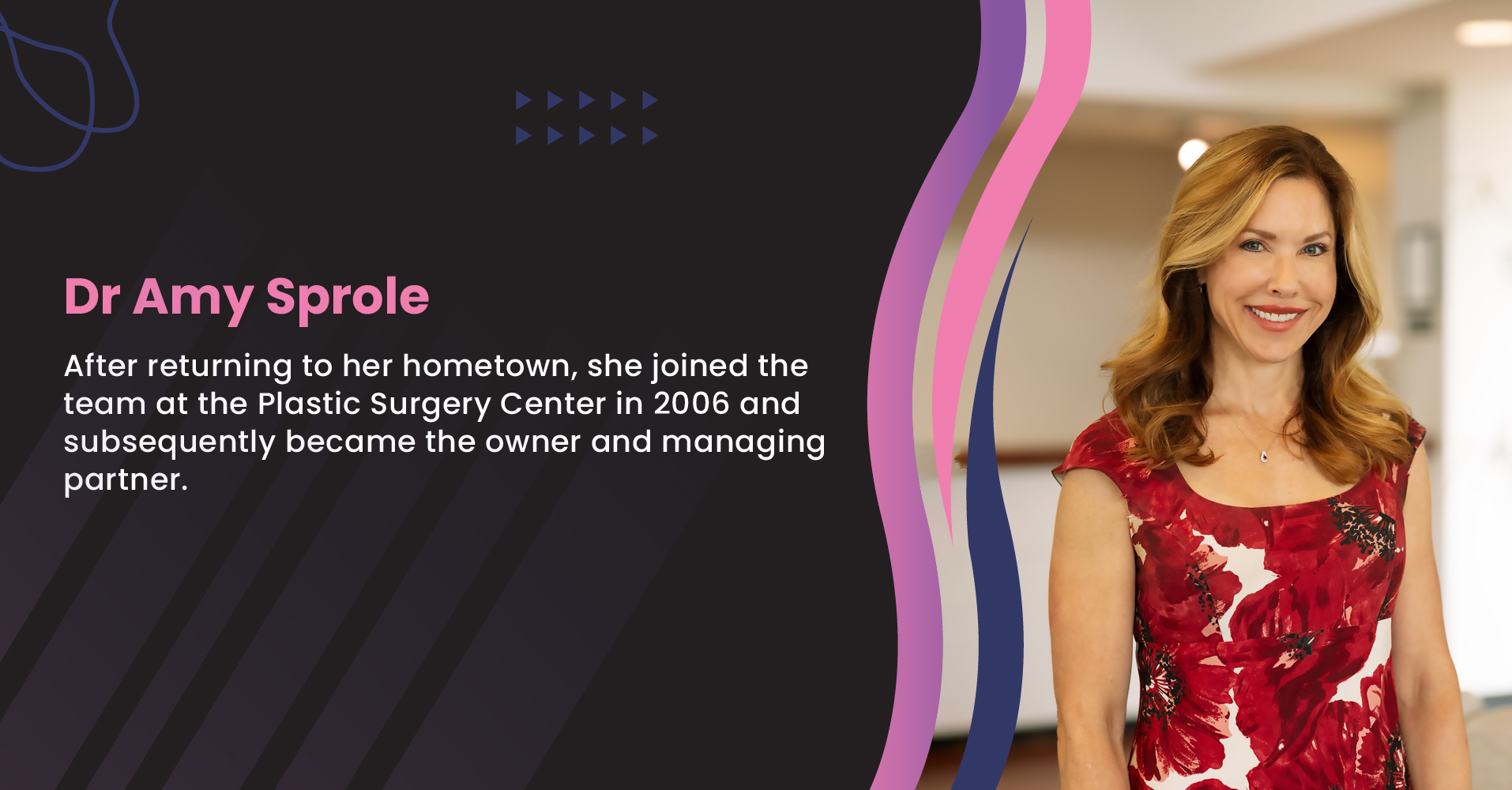
In the complex tapestry of society, community healthcare stands as a pillar of resilience, ensuring the well-being of populations, especially the underserved. The act of giving back, whether through time, expertise, or financial resources, profoundly impacts community healthcare systems. It not only enhances the quality and reach of medical services but also fosters a stronger, more interconnected community. This article explores the multifaceted benefits of contributing to community healthcare, the various forms of philanthropy that support it, and the transformative outcomes that such generosity can yield.
The Scope and Necessity of Community Healthcare
Community healthcare serves as a primary gateway for many, especially in underserved areas, to access essential medical services. These services range from preventative care and acute treatment to chronic disease management and rehabilitative support. For many individuals, community health centers and clinics are their first and sometimes only point of contact with the healthcare system. The accessibility and affordability of these services are crucial for basic healthcare provision, particularly for marginalized communities who might otherwise forego necessary care due to cost barriers.
However, despite their critical role, many community healthcare facilities struggle with funding shortages, resource constraints, and understaffing issues. This is where philanthropy plays a vital role. By giving back to these institutions, benefactors can help bridge the gap between the needs of the community and the services provided.
Forms of Philanthropy in Healthcare
Philanthropy in healthcare can take numerous forms, each with its unique impact:
- Monetary Donations: Financial contributions are among the most direct ways to support community healthcare. These funds may be used to purchase medical equipment, expand facilities, subsidize patient care, or support community health programs.
- Volunteering: Professionals, including doctors, nurses, and administrative staff, can volunteer their time and skills. This not only increases the manpower of community centers but also enhances the quality of care through diversified expertise.
- Fundraising and Advocacy: Individuals can organize or participate in fundraising events like charity runs, auctions, or gala events. Additionally, advocacy for better policies and more robust funding at the state and federal levels is crucial.
- Educational Contributions: Providing training sessions, workshops, or educational materials for both healthcare providers and the community can lead to better health outcomes by empowering individuals with knowledge about disease prevention and healthy lifestyle choices.
Impact of Giving Back on Community Healthcare
The impact of philanthropy on community healthcare is profound and multifaceted. Here’s how giving back helps:
- Enhancing Healthcare Accessibility: Contributions can help reduce the cost of healthcare services, making them more accessible to a broader audience. This is especially vital for chronic disease management, where ongoing care is essential.
- Improving Quality of Care: With better funding, healthcare facilities can invest in modern medical technology and higher-quality supplies, directly enhancing the quality of care provided to patients.
- Expanding Services: Donations can fund the expansion of services, such as adding mental health support or rehabilitation services, which are often underfunded areas in community health.
- Strengthening Community Bonds: When individuals contribute to local healthcare services, it fosters a sense of community and mutual support. It encourages a collective responsibility for communal well-being.
- Inspiring Further Philanthropy: Acts of giving often inspire others to contribute, creating a ripple effect that can significantly amplify the impact of the initial act.
Successful Models of Community Healthcare Philanthropy
Several successful models can be highlighted where philanthropy has significantly transformed community health care:
- Community Health Matching Programs: Some organizations match donations made by individuals to health centers, effectively doubling the impact of the original contribution.
- Endowments: Large donations can create endowments that provide a sustainable funding source for community health centers, ensuring long-term financial stability.
- Public-Private Partnerships: Collaborations between government bodies and private organizations can develop comprehensive community health programs that more effectively serve large populations.
The act of giving back to community health care is not merely a charitable endeavor but a vital component of societal development. It ensures that healthcare services evolve and adapt to meet the needs of all community members, particularly the most vulnerable. As communities continue to face health challenges, the role of philanthropy becomes even more crucial in safeguarding the collective health and well-being. Each contribution, no matter its size or form, helps build a stronger, healthier future for all, illustrating that in the realm of community healthcare, everyone truly has the power to make a difference.